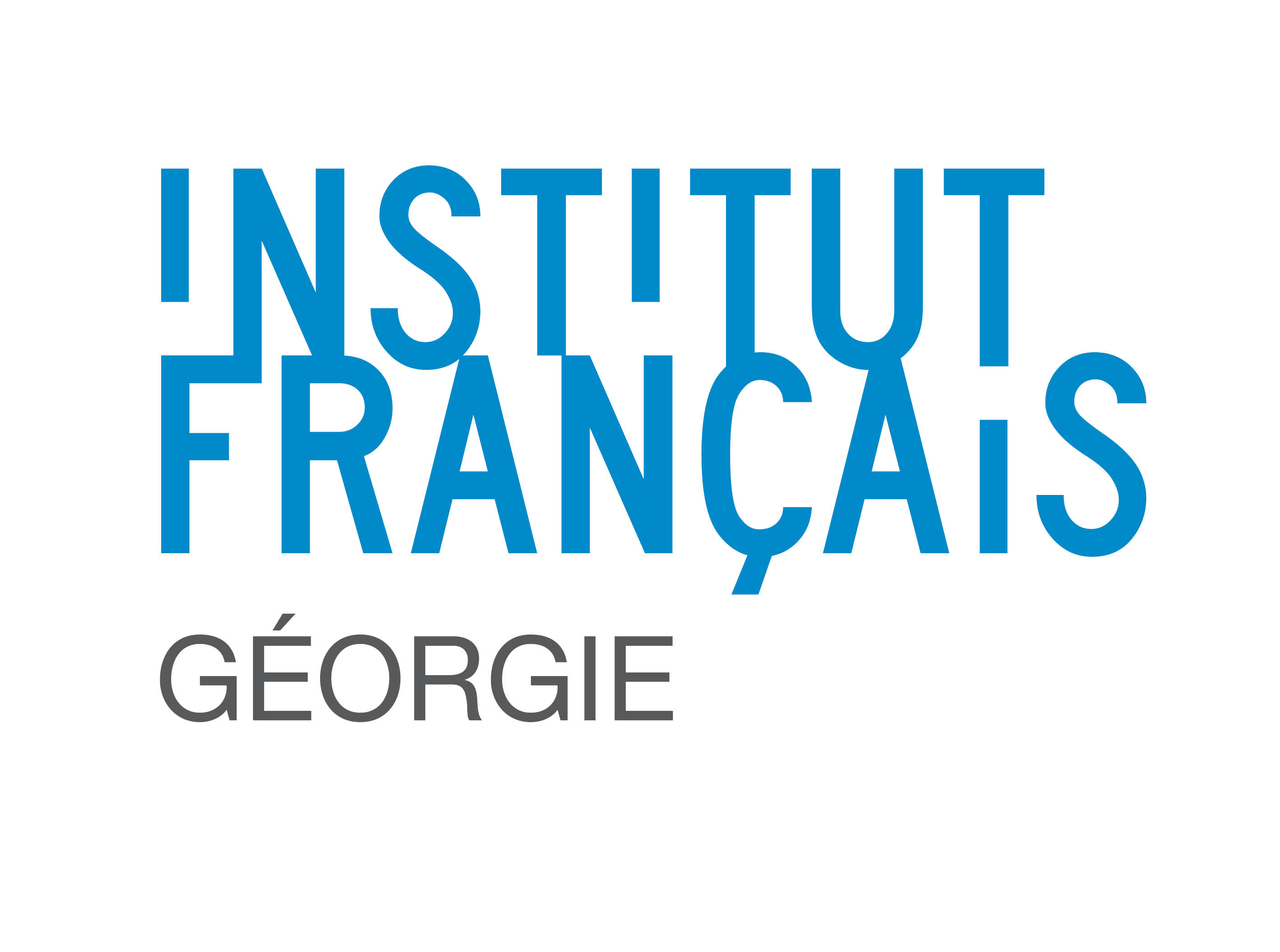011- Global Avant-gardes: Centre, Periphery and Beyond
Organized by: Department of Comparative Literature, UC Berkeley.
Prof. Harsha Ram
English; French
The study of the avant-gardes, whether historical arising subsequently in their wake, seems caught between several competing spatial models: on the one hand, an abstract globalism, frequently mapped as a dynamic system of hierarchical relations between centres and peripheries, and – on the other - an insistence upon cultural specificity and artistic agency, verifiable to the extent that it is site-specific, or as a material circuit of exchange traceable as a series of interconnected networks.
In essence, we are faced with three distinct though not necessarily antithetical understandings of literary space. Resting as it does on the foundational assumption of a unified - albeit uneven - planetary scale, the centre/periphery model underpins some of the most influential theorizations of world literature to have arisen in recent decades. Most commonly derived from world-systems analysis, these theories model the dynamic of literary circulation across world regions according to the uneven access to socio- economic and cultural resources which distinguishes the world’s dominant core from “semi-peripheral” and “peripheral” regions. By contrast, site-specific scholarship, particularly evident in area studies, tends to reify local, national, or regional space (the latter often the legacy of premodern world-systems), while the network model views world literature not as a fixed canon of texts but as whatever is gained, culturally speaking, when texts undergo translation and transnational circulation.
In this context, the avant-garde is often seen as a moment of historical rupture and cultural reversal, where the resources of cultural modernity and economic modernization are appropriated and resignified, often through hybridization with nonmodern forms, to the advantage of formerly peripheralized regions.
Implicitly or explicitly, each of these models (working separately on in tandem) privileges the determining force of a given spatial scale – put simply, the global versus the local/ national/ regional, - or a specific patterning of space – vertical structure versus horizontal network.
We invite papers that are willing to present a case study (within or between geographical regions or area studies paradigms, from the Caucasus and Russia-Eurasia to Europe, Latin America, and Asia) that raise theoretical implications for the study of global modernisms and the avant-garde on a planetary scale.
The Project was supported by Shota Rustaveli National Science Foundation of Georgia (SRNSFG) [grant number MG-ISE-22-170]












_001.png)



